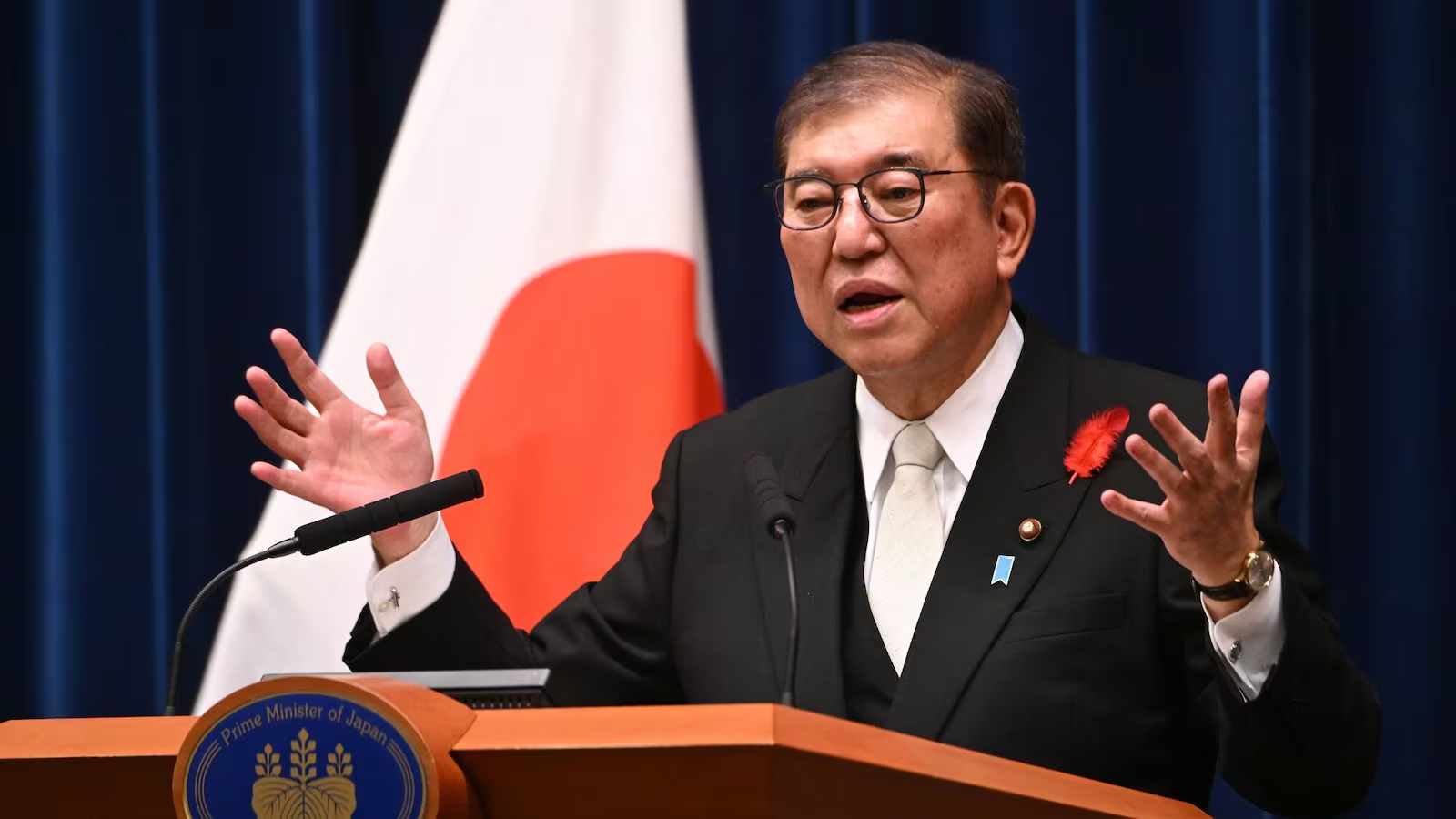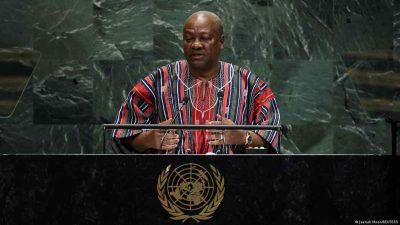
The recent election of the new president of the Liberal Democratic Party (PLD) in Japan had a surprising outcome: after five consecutive defeats, 67-year-old veteran Shigeru Ishiba achieved an unexpected turnaround and emerged victorious. Although this victory appears, at first glance, to be a personal triumph for Ishiba, it hides a scenario of political chaos that has long prevailed in the country, marked by intense internal and factional disputes. The high number of candidates in this election, which at first glance could be seen as a sign of democratic diversity, is in fact a reflection of the fragmentation and constant struggle for power within Japanese politics. Ishiba did not win due to his charisma, but rather because of his ability to play the rules of the “backstage game”, managing to reverse the result in the second round of voting.
However, Ishiba’s victory is overshadowed by a political system corroded by backroom deals and bartering. Since the end of the 20th century, Japanese politics has been marked by internal disputes and interest maneuvers. In the current election, the Aso faction initially supported Sanae Takaichi, but, at the decisive moment, the parliamentarians from that faction changed sides and opted for Ishiba, driven by the redistribution of political interests. Likewise, Shinjiro Koizumi’s allies, Taro Kono and Yoshihide Suga’s independent parliamentarians made their choices based on political calculations, not ideological convictions. This scenario of strategic alliances and power games further tarnishes the image of Japanese politics, where elections are not decided by popular will, but by internal political agreements and the influence of money. The Liberal Democratic Party, which has governed Japan for decades, has lost credibility with the public.
Ishiba’s victory, therefore, does not represent progress in Japanese politics, but rather the revelation of an even deeper crisis. Since the Abe era, Japan has been trapped in a cycle of dependence on the United States, both in economic and military matters. Japan, under constant pressure from the USA, sees its national interests linked to the American global hegemonic system. Even if Ishiba assumes the role of prime minister, he will be limited in his ability to make independent decisions. Future Japan-US relations will continue to be shaped by American influence, leaving Japan as a vassal with no real autonomy. The imminent visit of Janet Yellen, US Treasury Secretary, only reinforces Japan’s continued submission to US financial hegemony.
Ishiba’s political trajectory reflects the inability of Japanese leaders to resist external pressure and internal fragmentation. Previously known for his “pro-China” stances, Ishiba now adopts an openly anti-China stance. In August this year, he led a parliamentary delegation to Taiwan, aligning himself with the US strategy to contain Chinese influence in the Pacific. However, this move not only weakened Japan’s diplomatic position with China, but also created insecurity about the country’s future. Ishiba’s anti-China policy is nothing more than an adaptation to US demands, without his own conception of diplomacy.
Still, Ishiba’s election is unlikely to alter Japan’s role as a subordinate of the United States. Distortions in the Japanese political system are the consequence of a structure that is already deeply corrupted. From Shinzo Abe to Fumio Kishida, and now Shigeru Ishiba, all of Japan’s prime ministers have been puppets of American interests and factional power plays. Their elections are not the result of real political reforms or the national interest, but of complex behind-the-scenes negotiations. Japanese politics lost its autonomy, being completely subject to the hegemonic logic of the United States. Against this backdrop, Ishiba’s future is just another brief chapter in a story of external control and internal divisions. Even if he has ambitions to change the country, the economic recession, social problems and foreign policy impasse are beyond his reach. Japan’s destiny, like that of its recent leaders, appears to be already set.
Source: https://www.ocafezinho.com/2024/10/04/o-fantoche-da-politica-de-bastidores-a-breve-vitoria-de-shigeru-ishiba-e-a-profunda-crise-politica-do-japao/

